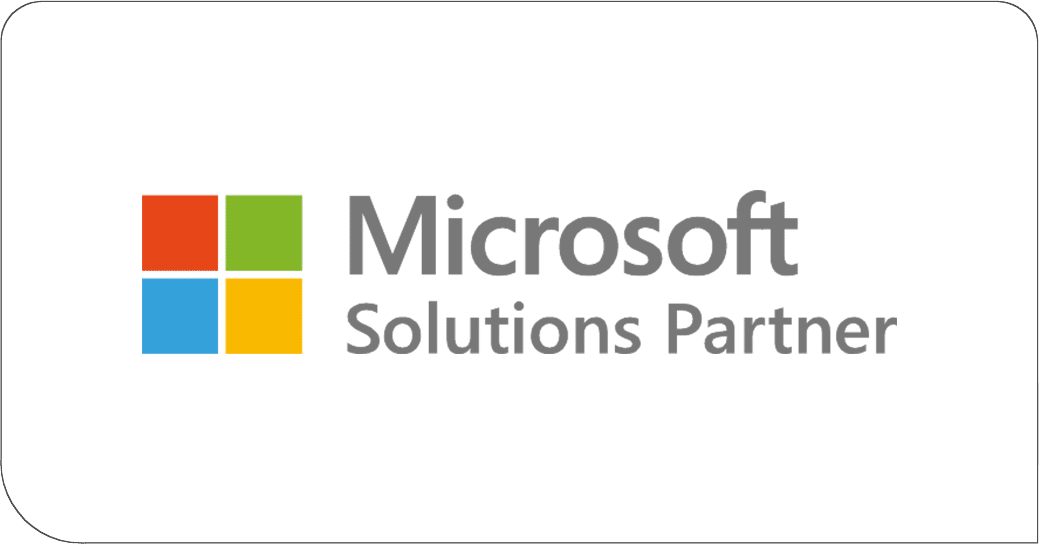The shift towards cloud computing is a strategic imperative for businesses aiming to stay ahead. Among the various cloud models, a hybrid cloud architecture stands out as a beacon of flexibility and efficiency, offering a blend of private and public cloud services seamlessly integrated to meet diverse needs. However, with great agility comes great responsibility: securing cloud resources against insidious cyber threats.
This article will emphasize the critical balance between the agility these systems offer, the paramount importance of securing sensitive data and operations, and how modern businesses can utilize a hybrid cloud environment to scale new heights, ensuring they maintain two key factors of success: agility and security.
Throwing Light on Hybrid Cloud Architectures
At its core, a hybrid cloud is an IT architecture that incorporates elements of both public and private clouds, working in concert to serve the diverse needs of a business. This model offers the best of both worlds: the scalability and resource-rich environment of the public cloud, combined with the control and security of a private cloud.
Public VS Private Clouds
- Public cloud: Services offered by third-party providers over the internet, accessible to anyone willing to pay. Examples include Amazon Web Services (AWS), Microsoft Azure, and Google Cloud Platform (GCP). These platforms are known for their vast resources, scalability, and pay-as-you-go pricing models.
- Private cloud: A cloud environment dedicated solely to one organization. It can be hosted on-premises or by a third-party provider but is maintained and used exclusively by the organization. Private clouds offer greater control over data, security, and compliance.
The Hybrid Cloud Model
Hybrid cloud architectures leverage an orchestration layer to manage resources between public and private clouds, allowing for data and applications to move seamlessly between the two. This fluidity enables businesses to:
- Scale resources up or down as needed, tapping into the public cloud’s vast resources for peak demand times while keeping sensitive operations secure in the private cloud.
- Achieve cost efficiency by utilizing public cloud resources for non-sensitive, scalable tasks and reserving the private cloud for critical, compliance-sensitive workloads.
- Maintain compliance with industry regulations by keeping sensitive data in a private cloud while still enjoying the scalability of public cloud services for other tasks.
Flexibility in Hybrid Cloud Architectures: Enabling Dexterity and Accuracy
One of the standout features of a hybrid cloud strategy is the unparalleled flexibility, allowing businesses to adapt to changing demands with agility and precision.
Hybrid cloud architectures empower businesses to dynamically allocate resources, meaning that when demand spikes, additional computing power, storage, or services can be seamlessly integrated from the public cloud to handle the load, without the need for significant upfront investment in physical infrastructure.
They also offer the flexibility to run applications in the most appropriate environment. For instance, data-intensive applications can leverage the private cloud’s secure, high-performance infrastructure, while scalable, customer-facing applications can take advantage of the public cloud’s elasticity and broad geographic reach.
Innovative Use Cases
- Disaster recovery: Hybrid clouds can provide a cost-effective and efficient disaster recovery solution, allowing critical data and applications to be replicated in the public cloud while maintaining a primary presence in the private cloud.
- Development and testing: Developers can use public cloud resources to quickly spin up and dismantle testing environments, ensuring that the private cloud remains uncluttered and focused on running the core business applications.
Business Benefits
- Scalability: Businesses can scale resources up or down with ease, ensuring they only pay for what they use, which is particularly beneficial for handling unpredictable workloads.
- Cost savings: By leveraging the public cloud for non-critical tasks, businesses can reduce costs associated with maintaining and upgrading physical infrastructure.
- Speed to market: The agility of hybrid cloud infrastructure allows businesses to deploy new services and applications more quickly, providing a competitive edge in fast-paced markets.
Solutions to Overcome Hybrid Cloud Security Challenges
While the hybrid cloud offers unparalleled flexibility and scalability, it also introduces complex security challenges. Navigating these challenges is crucial to ensure that the benefits of hybrid cloud architectures do not come at the expense of data integrity and compliance.
Potential Security Hurdles
- Data protection: As data moves between public and private clouds, it’s exposed to potential threats.
- Access controls: Managing user access to certain resources and data across diverse cloud environments can be complex.
- Threat response: Hybrid environments can be more challenging to monitor for threats due to their complexity.
- Compliance requirements: Maintaining compliance with industry regulations (like HIPAA) becomes more complex in a hybrid cloud setup.
- Data privacy: Different clouds may store data in various locations, raising concerns about compliance with data residency laws, such as the California Consumer Privacy Act (CCPA).
Hybrid Cloud Security Strategies
To address these challenges, businesses must adopt comprehensive security controls, including:
- Data encryption: Ensure data is encrypted both in transit and at rest in both public and private clouds.
- Cybersecurity policies: Develop and enforce consistent security policies across all cloud environments to ensure seamless protection.
- Identity and Access Management: Implement IAM policies to ensure that only authorized users can access sensitive data and applications.
- Advanced security tools: Utilize tools that offer visibility and control across both public and private clouds, including AI-driven security analytics for real-time threat detection.
- Regular audits and compliance checks: Conducting regular security audits and compliance assessments to identify and rectify potential vulnerabilities.
Flexibility and Security: Achieving a Careful Balance
To fully harness the benefits of hybrid cloud architectures, businesses must implement strategies that balance the need for flexibility with the imperative of security. This balance is not about compromise; agility must be enhanced through strong security solutions and policies.
Zero Trust Security
Central to achieving this balance is the zero-trust model, which operates on the principle of “never trust, always verify”. This approach ensures that every access request, regardless of origin, is strictly verified before granting access to resources, significantly enhancing security in hybrid environments.
AI-Powered Tools
Leveraging artificial intelligence (AI) and machine learning (ML) tools will provide advanced threat detection capabilities, offering real-time insights into cyber threats and proactive security measures that should be taken.
Employee Training
Human error remains a significant security risk. Regular training and cyber awareness programs can ensure that all employees understand the security risks and best practices related to hybrid cloud environments, reinforcing the human aspect of cybersecurity.
Strategic Partnerships
Working closely with cloud service providers will enhance security while ensuring you retain flexibility. These providers often have advanced security features and expertise that businesses can leverage to strengthen their hybrid cloud security posture.
Rise to New Heights with a Hybrid Cloud Architecture
By understanding the nuances of hybrid environments and implementing strategic measures to balance agility with security, organizations can fully leverage the benefits of the hybrid cloud.
The cloud specialists at Davenport Group can design the ideal hybrid cloud solution that aligns with your business objectives, ensuring optimal performance, scalability, and security.
Reach out to us today for a free consultation, and let’s unlock new possibilities in the cloud that will drive your business forward.

